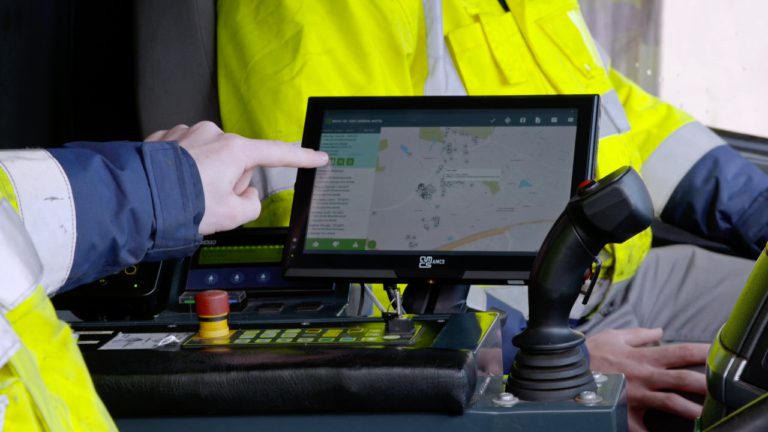
In this network of suppliers, distributors, and end users, the overriding goal is to move fuel, efficiently and safely, from refineries to consumers. Any obstacles to, or slowdowns in, this process can create challenges and disrupt the supply chain.
Navigating these challenges can be difficult.
Here, industry solutions provider AMCS highlights some of the opportunities these challenges present as well as sharing details of an upcoming opportunity to gain a vital understanding of strategies for effective management of them.
The industry is particularly vulnerable to the dramatic impacts of the global energy crisis. The partial prohibition on importing oil and petroleum goods from Russia has resulted in a reduction in the volume of Russian oil entering the European Union.

Challenges or opportunities?
Equally, fuel costs are outweighing other operating costs, such as driver wages, repairs and maintenance costs, which is proving to be a major challenge for fuel distributors. The larger these expenses grow, the smaller the profit margin becomes, creating a cycle of financial challenges. Yet, these obstacles, while posing considerable hurdles, also highlight the opportunity to introduce strategic initiatives that mitigate the situation – every challenge presents an opportunity.
Against the backdrop of the current energy crisis, there has been a momentous shift towards greener transportation, with governments and companies moving towards a more sustainable and secure energy system.
As the world pivots, many fuel distributors are also adapting, initiating strategies around delivering sustainability through renewable energy sources. A number of have already embarked on new initiatives, such as expanding their products to include cleaner, lower-carbon, renewable fuels, and biodiesel from waste presents another promising avenue being explored. These actions not only reduce the fuel industry’s environmental impact but also contribute to establishing a more sustainable supply network, strengthening the industry’s resilience against future crises and supply chain disruptions.
Free webinar shares valuable insights
With these challenges and opportunities in mind, AMCS brings you an insightful 15-minute webinar aiming to shed light on the global intricacies of downstream fuel distribution. The webinar “Downstream Fuel distribution: increase agility without increasing costs” offers an invaluable opportunity to dive deep into the subject and discover how operations can be improved without escalating costs.
One of the key features of the session is exploring AMCS’ powerful Fuel Planner solution. This segment will allow attendees to understand how the solution can boost their overall operations and strengthen the entire ecosystem.
Valauble insights
This free webinar will take place on December 6, 2023, at 10:00 am GMT and will help you to:
- Understand how you can identify green opportunities amid rising fuel costs and drive a transition towards greener transport modes.
- Gain practical insights into harnessing the power of real-time data forecasting to optimise Vendor Managed Inventory (VMI) operations.
- Understand the art and science behind attaining efficiency on the road through optimising delivery routes.
These strategies are crucial to ensuring that products move from storage facilities to the end-users in the most effective way possible.
Watch at your convenience
And don’t worry if you can’t make the date! Upon registration, a recording of the webinar will be sent directly to your email ensuring you can access its game-changing industry insights and highlights at your convenience.
Register now to the webinar Downstream Fuel distribution: increase agility without increasing costs and get an understanding and effective management of downstream fuel distribution industry challenges.